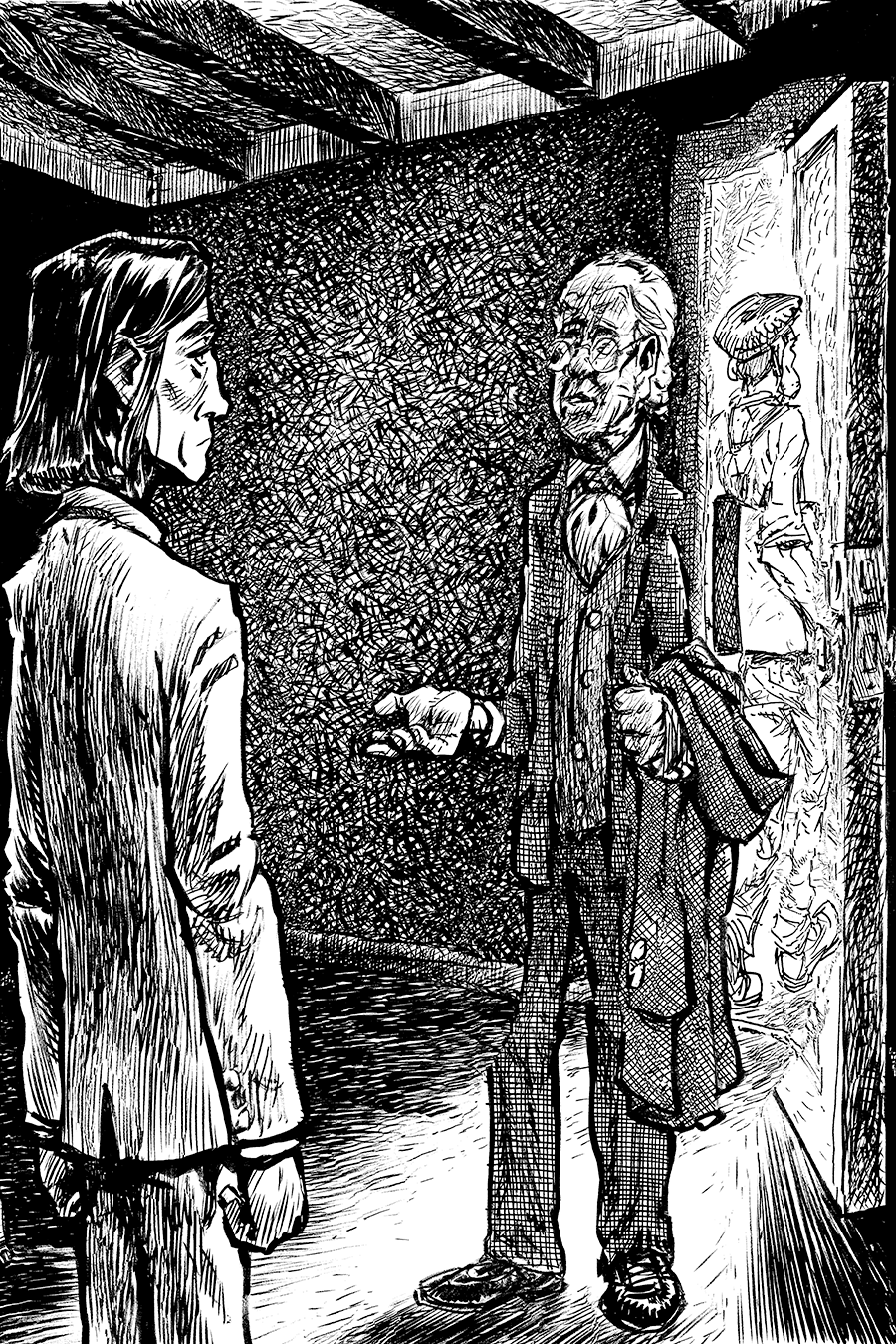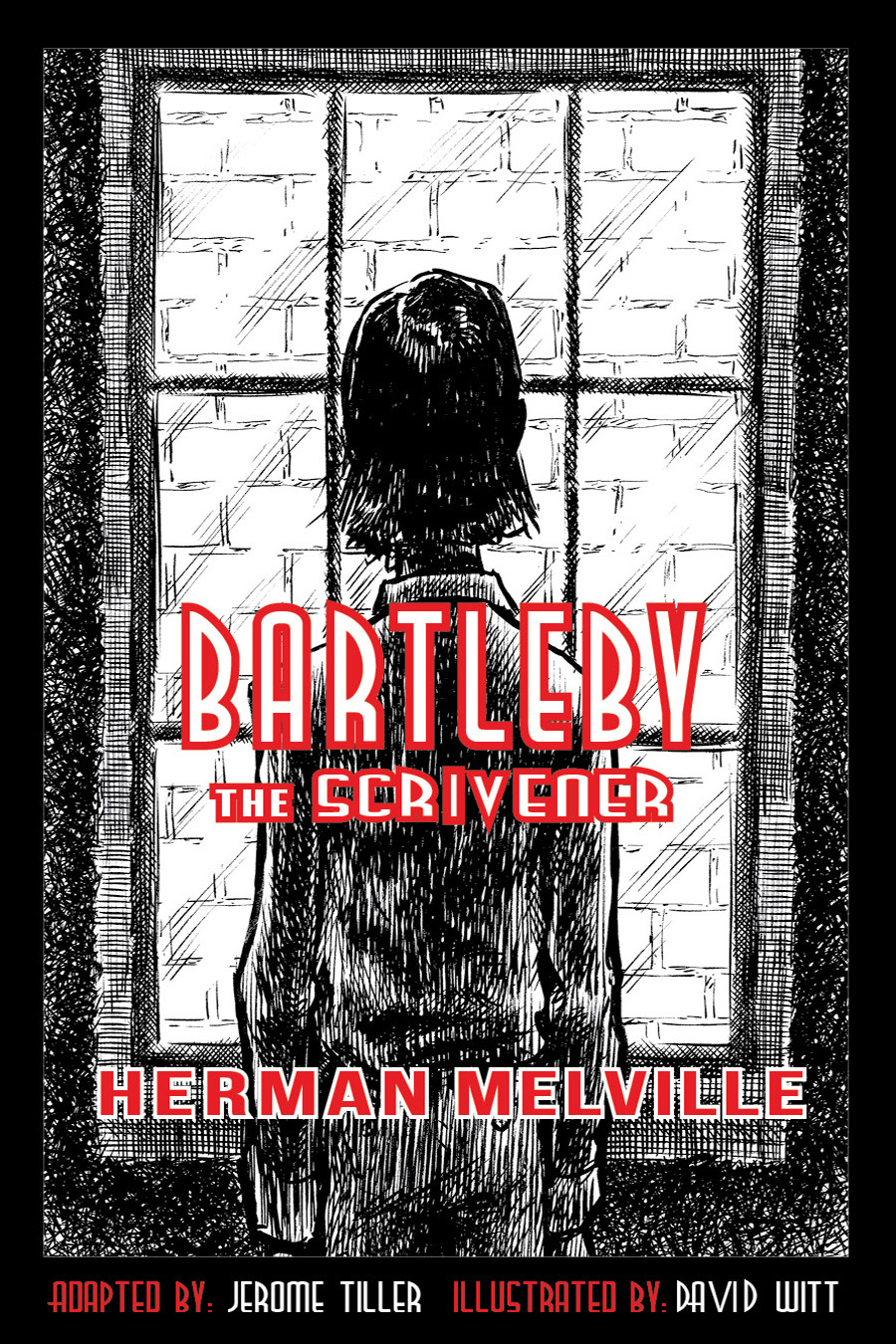The Melville/Gandhi Connection
There is no evidence to support Ernesto Hermeteby’s speculative musings in his recent blog regarding a Melville/Gandhi connection. Granted, at no point does he suggest there is evidence. But then why did he speculate about it? Is it because he thinks our recent changing-of-the guard demands Bartleby-style non-cooperation? Hermeteby does concede that, when Melville’s Bartleby devolved from limited consumption of food to total non-consumption, he had taken his negative preferences more than a little bit too far. So was he was suggesting that non-cooperation with things as they currently are could potentially go too far? And would 'going real, real far' be a risk Hermeteby would be willing to take? I mean, given present circumstances?
As Gandhi knew, it takes a lot to effect deep and lasting societal change. I would love to directly ask Ernesto the questions I have just posed, but he has disappeared and I have not been able to contact him. But I will continue to try. I certainly share his admiration for Gandhi and Melville, and even Bartleby in the way that I understand him.
But regarding going too far in resisting things as they are, if Melville intended to use Bartleby as a symbol of non-cooperation, then he didn't go nearly far enough. He should have made Bartleby a leader like Gandhi was. Someone who could have persuaded Turkey and Nippers to join him in non-cooperation—like refusing to work on legal papers associated with one individual, a character like Elon Musk or Jeff Bezos, for instance. Something relatively simple like that, because I know this is a short story, not a Moby Dick. But just thinking, had Melville wanted to make an even larger point given the constraint short literature demands, he could have maybe stretched the story out a tad and imagined Bartleby, Turkey, and Nippers getting other law clerks also employed in their Wall Street building to join them in their non-cooperation. And then, stretching the story a tad bit further, sent them into other buildings and offices on Wall Street, too. Recruitment. So make Bartleby more of a Gandhi-like, social movement type character. If Melville had created a Bartleby character more like that in a story more like these, then I could definitely buy there was an actual link between Melville and Gandhi. Otherwise, I need evidence to persuade me.
All this said, I love the Bartleby story just as it is. And that’s why I decided to adapt it, knowing full well there were more than a few adapted versions already created and available, versions that also feature illustrations. None of these adaptations, however, feature illustrations like David Witt’s. And without casting aspersions, I say none equal and certainly none surpass his. His depictions of characters and scenes are brilliant in conception and execution. I couldn’t be more pleased than I am with David’s work on Bartleby the Scrivener. See here for samples of his work.


